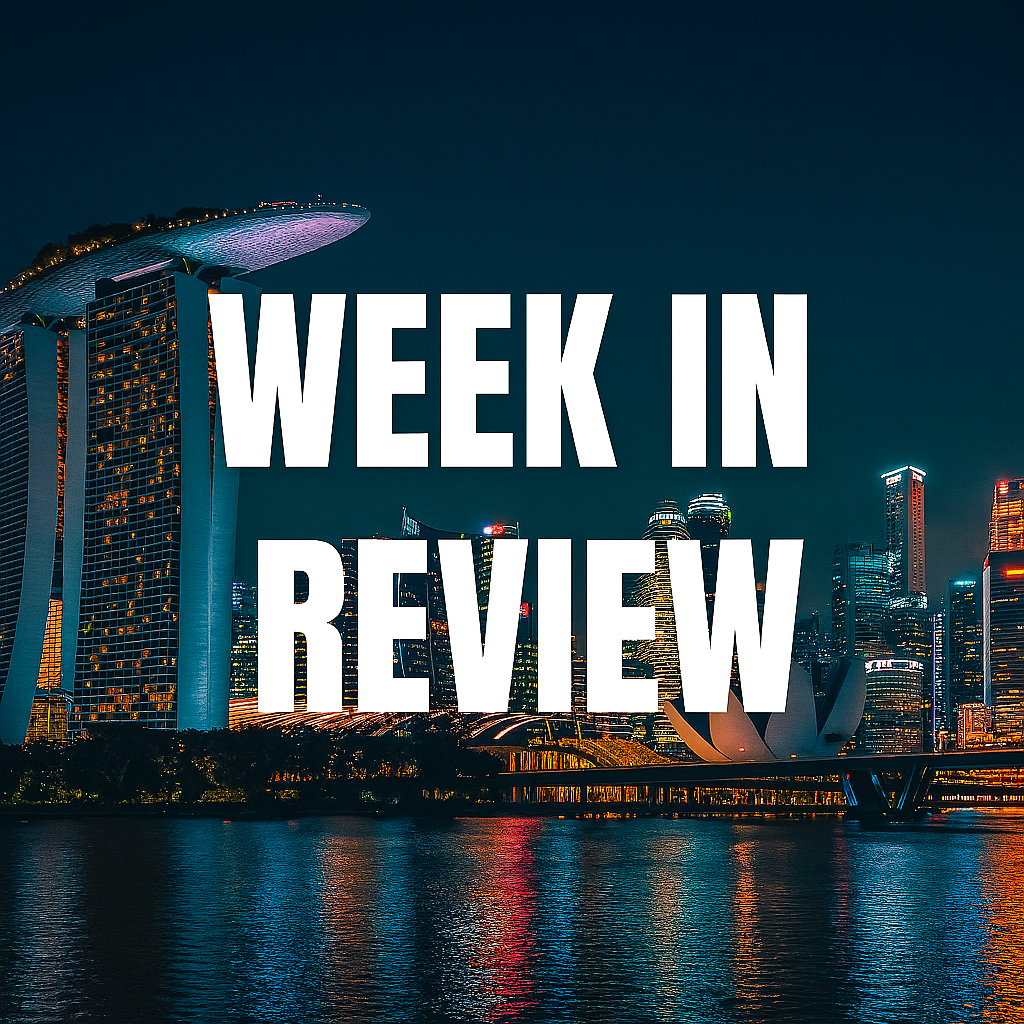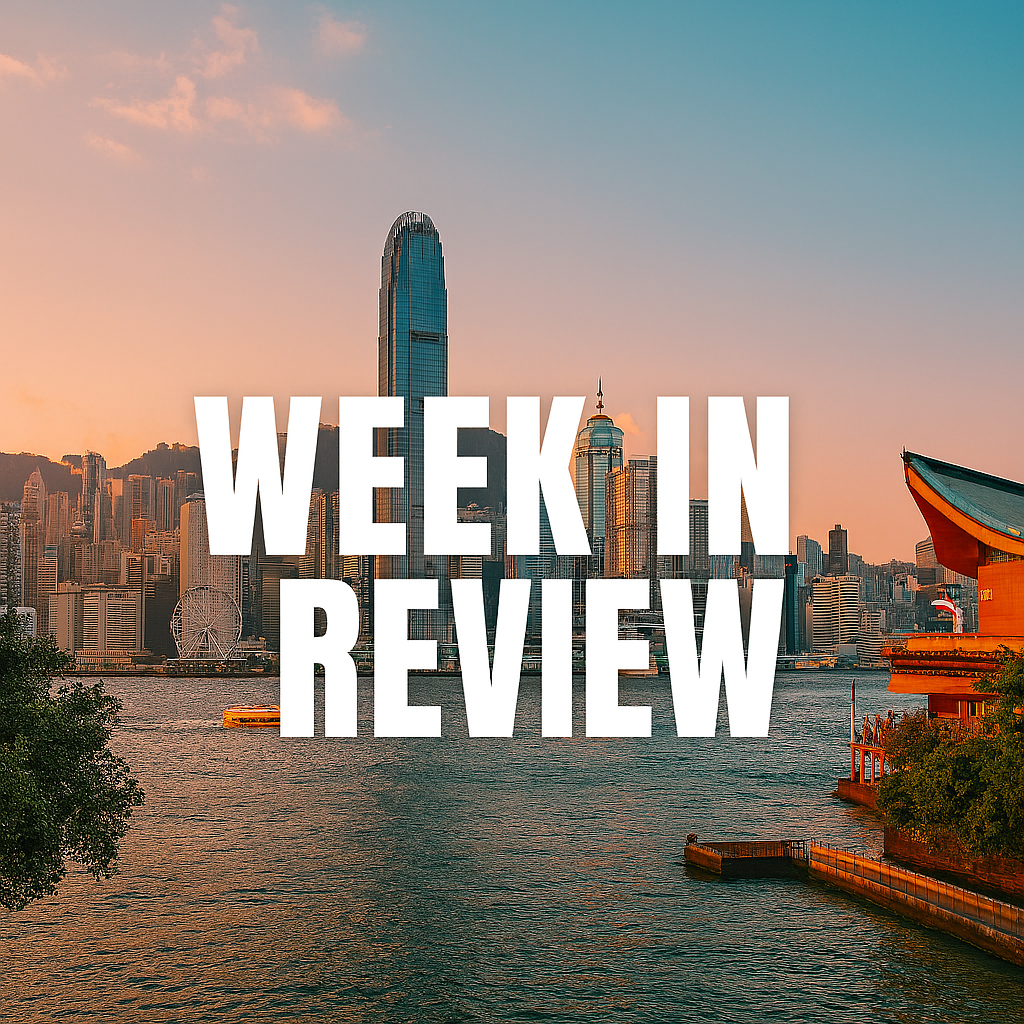🇺🇸 United States: Trump’s “Secret War” Against Cartels Sparks Oversight Clash
President Donald Trump’s covert military campaign against drug cartels in the Caribbean and Pacific has escalated, with four more vessels struck on October 29, bringing the death toll to nearly 60. The administration has designated cartels as “unlawful combatants,” bypassing traditional war declarations and deploying over 10,000 troops and eight warships.
Senator Elissa Slotkin (D-MI) criticized the operation as a “secret war,” warning it sets a dangerous precedent for domestic targeting. However, right-leaning analysts argue the campaign is a bold assertion of executive power and national defense. Trump’s stance—“We’re going to kill people that are bringing drugs into our country”—has drawn fire, but supporters see it as a necessary escalation against transnational threats.
The Pentagon has refused to disclose the list of targeted groups, citing classified intelligence. Critics say this violates the War Powers Act, but conservatives argue that bureaucratic delay has long hampered decisive action. The right frames this as a moment of clarity: America is finally treating narcotrafficking as warfare, not law enforcement.
🇵🇭 Philippines: Duterte Appeals ICC Ruling, Sovereignty Debate Intensifies
Former President Rodrigo Duterte formally appealed the International Criminal Court’s jurisdiction ruling, demanding dismissal of charges related to his anti-drug campaign. Duterte’s legal team argues the ICC has no authority post-Philippine withdrawal in 2019, and that the probe violates national sovereignty.
Right-leaning voices view the ICC’s persistence as foreign overreach, weaponizing international law to undermine domestic governance. Duterte’s allies warn that allowing external tribunals to override Philippine institutions sets a dangerous precedent.
President Marcos has remained silent, but conservative lawmakers are urging him to defend national jurisdiction. The right frames this as a test of Philippine independence: will the country stand firm, or bend to globalist legal activism?
🌏 Southeast Asia: Malaysia Finalizes U.S. Trade Pact, Avoids Tariff Blowback
Malaysia concluded a high-stakes trade pact with the U.S. on October 29, averting steep tariffs on semiconductor exports. The deal, brokered during Trump’s Asia tour, includes protections for halal standards, rare earth controls, and digital sovereignty.
Finance Minister Tengku Zafrul confirmed that the pact requires no government spending and preserves national standards. Right-leaning analysts hail it as a win for pragmatic diplomacy, securing economic stability without compromising sovereignty.
Malaysia’s success contrasts with regional uncertainty, as Thailand and Vietnam face scrutiny over currency manipulation and export practices. The right sees this as a model: assertive negotiation backed by strategic alignment with U.S. interests.
🇯🇵🇰🇷🇨🇳 East Asia: Takaichi’s ASEAN Debut Signals Japan’s Strategic Pivot
Japan’s Prime Minister Sanae Takaichi made her ASEAN debut in Malaysia, pledging deeper security cooperation and constitutional reform. A protégé of Shinzo Abe, Takaichi emphasized deterrence against Chinese aggression and reaffirmed Japan’s alliance with the U.S..
Her visit included a controversial stop at Malaysia’s war memorial, sparking backlash from progressives. But conservatives see it as a reaffirmation of national pride and historical clarity. Takaichi’s leadership marks a shift from pacifism to proactive defense.
The right frames her rise as a strategic correction: Japan is rearming, reasserting, and ready to lead in East Asia’s security architecture.
🌐 Asia Pacific: Trump-Xi Summit Looms as APEC Opens in South Korea
The Asia-Pacific Economic Cooperation (APEC) Summit opened in Busan, South Korea, with anticipation building for the Trump-Xi meeting. The two leaders are expected to finalize a framework to resolve the U.S.-China trade war, including rare earth exports and soybean purchases.
Treasury Secretary Scott Bessent confirmed that Trump’s tariff threats forced Beijing to delay export controls, securing leverage for U.S. industries. Right-leaning analysts view this as a vindication of Trump’s hardline tactics.
China’s narrative emphasizes stability and development, but conservatives warn of strategic encroachment masked as economic outreach. The right sees APEC 2025 as a battleground for influence—and Trump’s presence as a signal that the U.S. is back in command.




